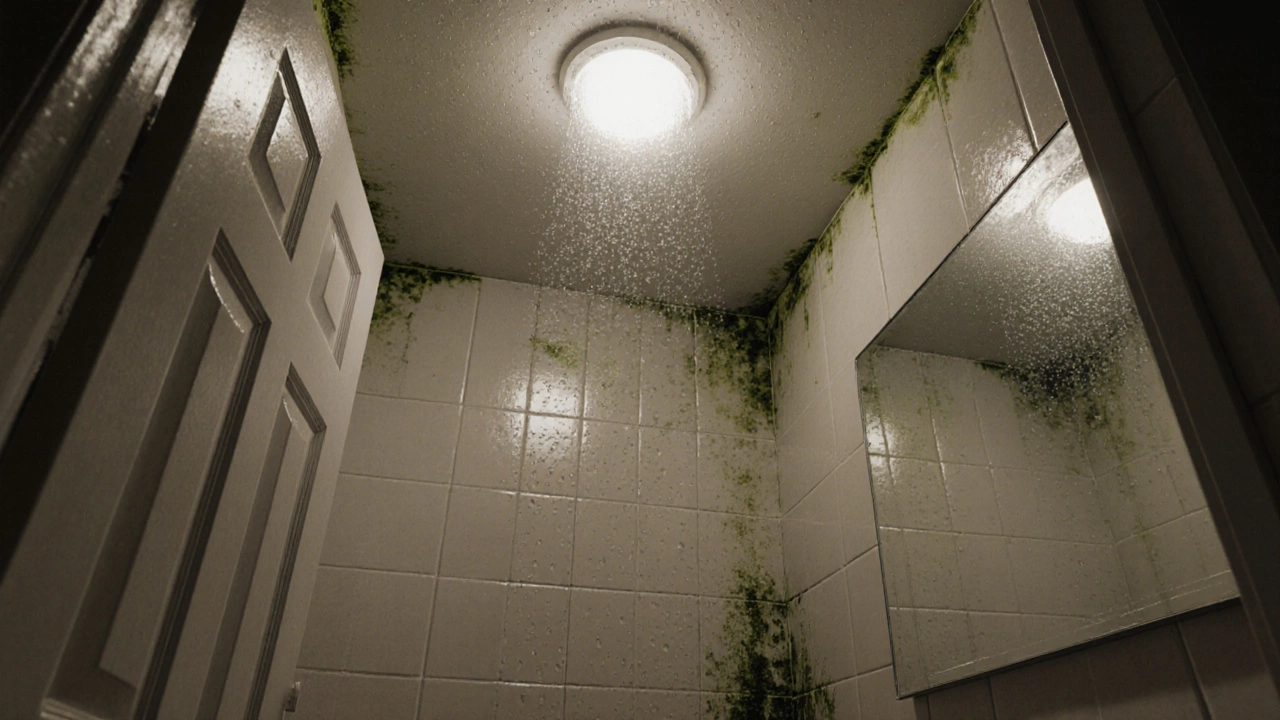When dealing with Moisture Damage, the unwanted intrusion of water or excess humidity into equipment, causing rust, electrical shorts, and performance loss. Also known as water damage, it can sneak into any part of an appliance and start a chain reaction of problems. For example, a Freezer, keeps food cold but is vulnerable to seal leaks that let moisture in may develop frost buildup that forces the compressor to work harder, while a Water Heater, stores hot water and can rust from lingering condensate often shows leaks that corrode its tank and cause costly failures. Moisture Damage encompasses corrosion, mold growth, and electrical failures, and it requires quick drying and inspection to stop the damage from spreading.
Beyond freezers and water heaters, other household machines suffer the same fate. A Dryer, uses heat and airflow, so a clogged vent or damp lint can lead to overheating and fire risk is a classic case where moisture slows the drying cycle and stresses internal components. Similarly, a Washer, exposes metal drums and electronic controls to constant water exposure can develop hidden rust that eventually impairs spinning and drainage. Even ovens, microwaves, and dishwashers face moisture‑related issues like warped door seals or shorted circuit boards. The pattern is clear: moisture damage influences the reliability of every appliance by accelerating wear, fostering mold, and creating safety hazards.
Understanding how moisture interacts with each device lets you spot trouble early. If you notice strange noises from a freezer, reduced heat from a water heater, or a dryer that takes forever to finish a cycle, check for signs of dampness, rust, or condensation. The articles below break down the most common moisture‑related faults, give step‑by‑step DIY checks, and tell you exactly when it’s time to call a professional. Armed with this knowledge, you’ll be able to protect your appliances, avoid expensive repairs, and keep your home running smoothly.
Posted by
Orin Trask
0 Comments

Skipping an extractor fan leads to moisture, mold, poor air quality, and higher energy bills. Learn the risks, signs, and how to choose and maintain the right fan for a healthier home.
read more